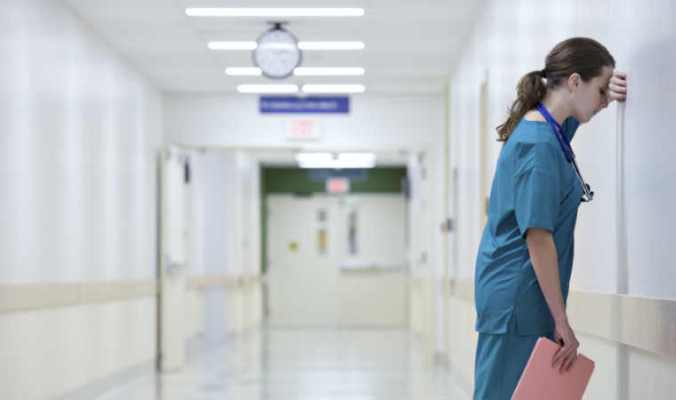
In Medicine, we learn that life is about marks and doing work for patients. We are not taught to work together nor are we taught of the importance of working together in a collegiate manner. We are not taught to take care of ourselves or to take care of our colleagues. Too often there is open hate and hostility on display between doctors in hospitals and in private practice. Stress and tension run our relationships and very often judgement and condemnation of each other, whether vocalized or hidden, are the order of the day. In this day and age where the mental health of the profession is worse in many regards than that of the general public and suicide rates are higher than the general public, are our relationships with each other important in medicine?
I’ve been in Medicine now for over 20 years. One of the things that I have observed over the years is that our relationships with each other in Medicine are in general sadly not good. We are competitive. We work in isolation as a general rule. We don’t really support each other or ask for support, or allow support when it is on offer. We are the ones who are supposed to be ‘OK’. We learn to work with random people in teams in hospital and we keep the relationships ‘professional’ and consider them short term professional relationships that we have to ‘survive’! They are about work and they are about training. It is rare to develop relationships at work that are truly personal, ones where you feel truly safe where you can share and seek and give support and care that is non-judgmental. As doctors, we don’t let each other in, and we only share certain aspects of ourselves. We place huge expectations on ourselves and each other leaving little to no room for a true care.
In Medicine we learn that you have to be ‘tough to survive’. We learn to toughen up, and to not show any emotion. We pretend that we can ‘handle it all’. If we show that we are not able to ‘handle it’, then we learn that we are seen as defective, as a nuisance, and a problem who is not tough enough to handle it all. Those who are seen as weak in the profession are ostracized, eternally. I to this day remember a woman in my intern year who took a few days off ‘sick leave’ after a long stretch of days working, and was later seen down the street with her husband. She was judged within an inch of her life and complained about by many of the interns and she lost all credibility, forever. No care or concern was given towards her mental health and whether or not she was coping with the job or, whether she needed support. Support?! That thought never even entered our minds! The only focus was to judge her for not coming to work because she was clearly able to walk and to move and had not broken all 4 limbs.
And this is how it is in medicine. If you can breathe at least through one nostril, and stand up – at least on one leg, you must come to work no matter how you are feeling. There is no care and concern for how you are feeling. Mental and emotional health does not rate a mention. In retrospect, this woman was clearly struggling with the work and her life and she did the best thing she knew at the time to best support herself. Looking back, she actually needed our support too! At the time she was judged and condemned as not being committed, as causing a strain on the rest of us who had to ‘pick up the slack’. And this is a common scenario in Medicine, more particularly in bigger institutions where people do not know one another. None of us took the time to consider the bigger picture, or to care for her health and well-being – as none of us took the time to take care of ourselves either. And how often does this happen in medicine when one part of the team is not doing well and the rest of the team instead of coming in to support and care simply judges and gets impatient? Continue reading


You must be logged in to post a comment.